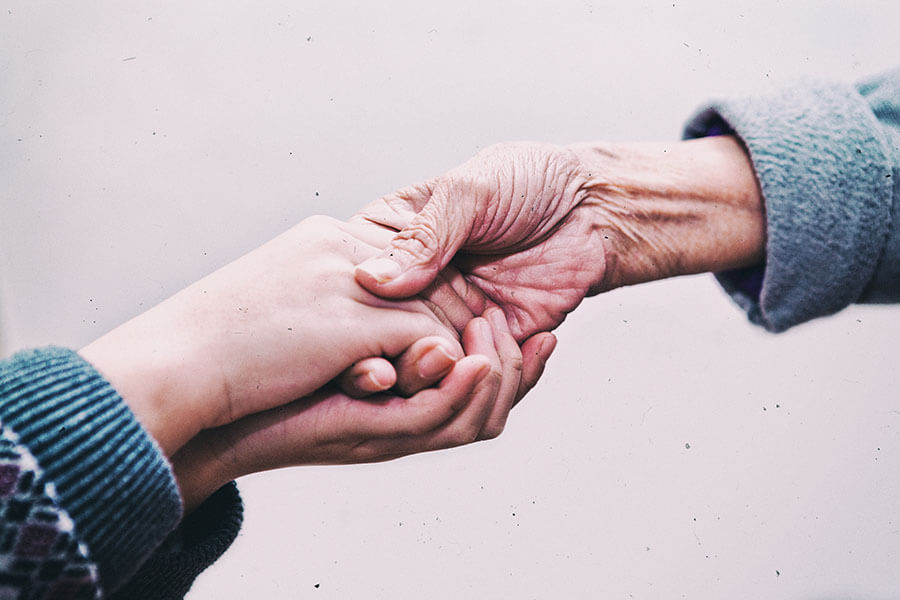Being There for Mom: My Caregiving Journey
In 2011, my life was uprooted in an instant. I remember sitting on the floor of my Brooklyn, New York, apartment, heart pounding, tears flowing, palms sweating, anxiously anticipating a phone call where I hoped to hear two words: "She's OK."
Earlier that morning, my mom, who lived alone, was knocked unconscious after falling in her home in Tampa, Florida. A family friend found her about 12 hours later. While I waited for that phone call, I knew my life would never be the same.
 My mom has Parkinson's disease, and she'd been diagnosed about a year before her fall. Learning she had Parkinson's was scary, but her fall — the first serious health event since the diagnosis — created a new level of fear and uncertainty. It marked the beginning of my caregiving journey.
My mom has Parkinson's disease, and she'd been diagnosed about a year before her fall. Learning she had Parkinson's was scary, but her fall — the first serious health event since the diagnosis — created a new level of fear and uncertainty. It marked the beginning of my caregiving journey.
At the beginning, I tried coordinating my mom's care from Brooklyn. It was difficult, but I'd always known this would happen eventually. I'm an only child, and my parents are divorced. It's just that I was only 29 at the time. I always imagined I'd become my mom's caregiver later in life when I had a partner and a family of my own to support me. My friends were great, but none of them were in a similar situation and just didn't get it.
I felt alone trying to deal with not just the stress, anxiety, and fear for my mom, but also her affairs. It became impossible to manage her care from a distance, so after 10 years of living in New York, I moved back to Florida. My mom needed me. Just like she had always been there for me, it was time for me to be there for her.
I'm still there for her, but caregiving isn't easy. It's physically, mentally, and emotionally draining. In addition to working full time, I manage my mom's finances, schedule her doctors' and therapy appointments, work with her aides and nurses, and visit her 3 to 4 days a week so she feels like she has a more "normal" life and strong mother/daughter relationship. It's a lot of work, but I'm fortunate that I don't also need to cover my mom's expenses. If I had to pay for her care, I would be telling a completely different story right now.
Since becoming a caregiver, I've started to learn more about other young caregivers who are between 20 and 34 and going through the same thing. According to AARP, on average, millennial caregivers spend more of their income (about 27%) on caregiving than older caregivers, while we — on average — have lower incomes than older caregivers. Additionally, while I don't represent the average caregiver (a woman who's almost 50 caring for a parent who's nearing 70), millennials make up 24% of the nation's unpaid caregivers. I'm part of a new, much younger generation of caregivers who are pushed into the role with smaller incomes, fewer options, and less support. As our numbers are expected to grow, so are the challenges. For millennial caregivers, it comes at a time in our lives when we're working toward expected milestones. So goals like settling into a career, getting married, starting a family, and buying a house often get derailed by our new role as caregivers.
I'm sharing my story because I want to raise awareness about the needs of millennial caregivers and ensure that they have the support they need so their lives aren't uprooted like mine. If you're a young caregiver, finding a community of support can help. And remember, take steps to care for yourself.

